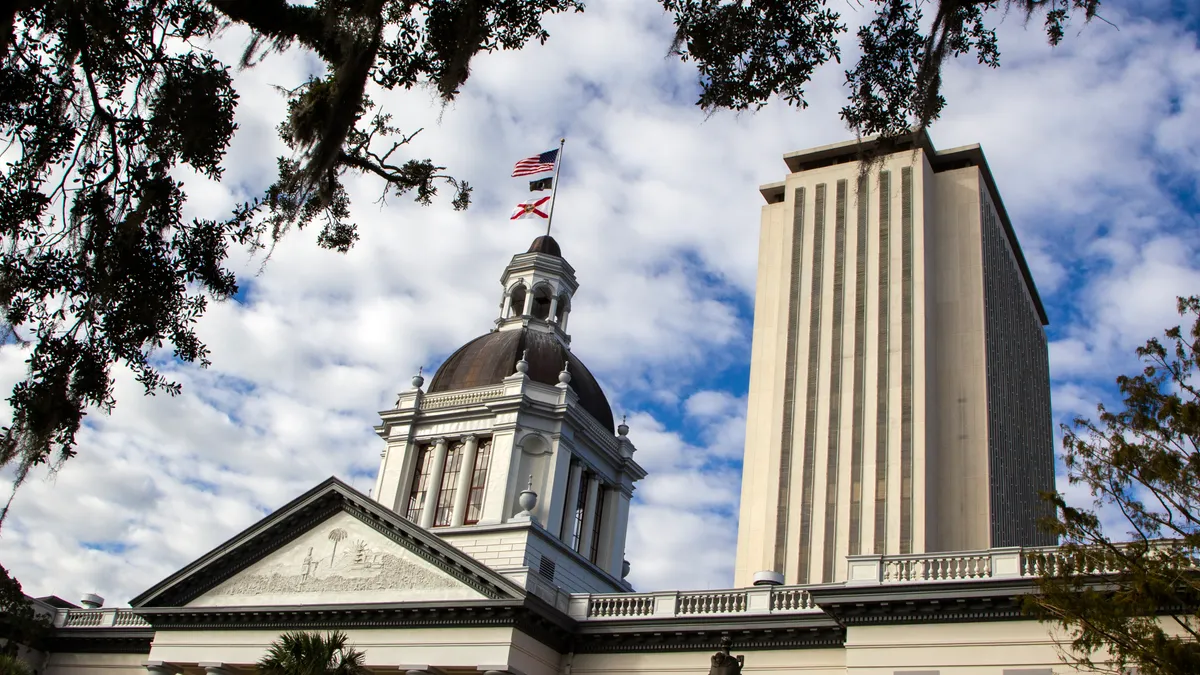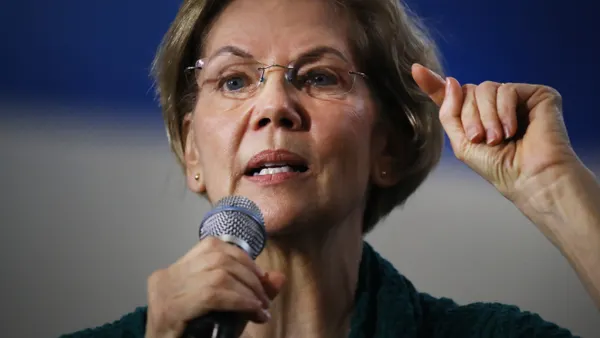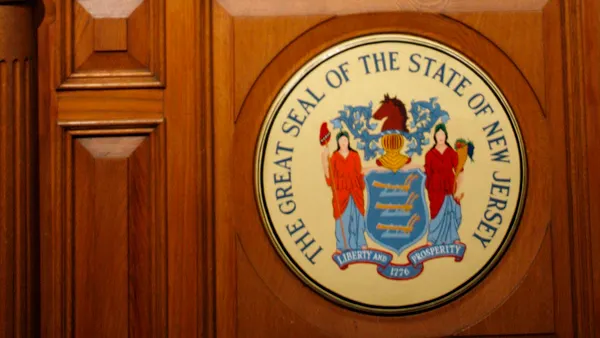Dive Brief:
- Lakeland, Florida-based MidFlorida Credit Union will acquire Tallahassee-based Prime Meridian Bank in a deal to create a combined entity with $9.5 billion in assets, $7.2 billion in loans and 66 branches, the institutions announced Tuesday.
- The full value of the transaction, set to close in 2026, was not disclosed. Prime Meridian shareholders are set to receive $58.50 for each share they own, though that is subject to adjustment, MidFlorida said.
- The deal would be the fifth whole-bank acquisition announced by a credit union this year and the second in just over a week. Salem, Oregon-based Maps Credit Union announced April 14 it would acquire Lewis & Clark Bank.
Dive Insight:
With the acquisition, MidFlorida would gain four locations – two in Tallahassee, one in Lakeland and one in Crawfordville. Three of those are in what locals call the Big Bend area, where the Florida Panhandle ends and the Gulf Coast begins to stretch southward.
The deal aims to give MidFlorida a physical presence in the Panhandle for the first time.
“We are already serving the panhandle in a lending capacity with mortgage, auto and commercial business loans,” Steve Moseley, MidFlorida’s CEO, said in a press release Tuesday. “This acquisition will provide branches in the market to fuel additional growth in both consumer and business banking.”
MidFlorida will retain all of Prime Meridian’s employees, according to the release.
Sammie Dixon, Prime Meridian’s CEO, said the “expanded resources available” to clients would be “huge.”
“We built a bank based on a culture of service to our clients, our team and our community,” Dixon said. “We recognized the strength in being able to adapt to change and it is fitting we now find ourselves in a position to bring physical locations to MidFlorida’s operations in the Big Bend area.”
Prime Meridian would hardly be the first bank acquisition for MidFlorida. The credit union in 2019 simultaneously announced it would buy two banks: Community Bank & Trust of Florida, and First American Bank of Iowa (though the latter purchase would be limited to the bank’s Florida assets).
The Independent Community Bankers of America noted MidFlorida’s acquisition frequency in a statement Tuesday arguing against bank acquisitions by credit unions.
“Following last year’s record number of community bank acquisitions by tax-exempt credit unions, the latest deal further demonstrates why the growing skepticism of credit union tax and regulatory exemptions must evolve into policymaker action,” ICBA CEO Rebeca Romero Rainey said in a statement Tuesday.
Credit unions proposed 22 whole-bank acquisitions in 2024. This year’s numbers are off pace. By comparison, the fifth credit union-whole bank tie-up announcement of last year came in early February, rather than late April.
The acquisition trend is accelerating, though. In her statement, Romero Rainey highlighted that Michelle Bowman, the Federal Reserve governor the Trump administration has nominated to be the central bank’s vice chair for supervision, noted a disparity in regulation between credit unions and banks.
Romero Rainey also pointed to a Morning Consult survey indicating 62% of U.S. adults say credit unions that operate like banks should pay similar taxes.
The ICBA in March introduced a resolution calling on lawmakers to end the federal tax exemption for credit unions with $1 billion or more in assets or to establish a tax uniformity between credit unions and community banks that pay taxes.
Romero Rainey said the move would “help ensure taxpayer dollars no longer tilt the competitive marketplace, subsidize community banking consolidation, and result in fewer choices for consumers and small businesses.”
Jim Nussle, the outgoing CEO of the trade group America’s Credit Unions, blasted the ICBA the following day, saying their targeting of just the largest credit unions “shows they know their message is weak with lawmakers and consumers alike.”
“This is about credit union competition chipping away at the banks’ own bottom lines,” Nussle said. “For decades, banks have taken advantage of taxpayers for their own profit: they enjoy Subchapter S subsidies, make risky decisions that consequentially rip away people’s American dreams, abandon communities, and get bailed out by the government when they overstep.”
Subchapter S corporation status, Nussle said, allows publicly traded banks to pass corporate income directly to shareholders for federal tax purposes. Banks, for their part, argue Subchapter S exists so income is not double-taxed — first on the corporation, and again on shareholders.
Community Bank & Trust of Florida, at $730 million in assets in 2019, was believed to be the largest bank bought by a credit union when MidFlorida acquired it. Credit unions have since purchased banks twice that size.















